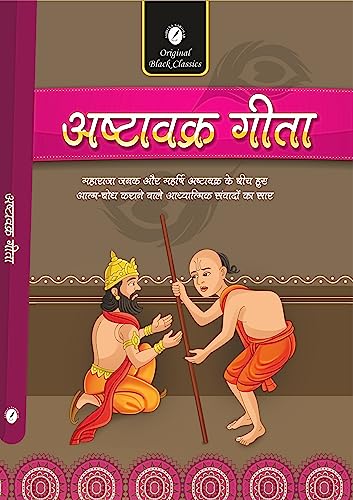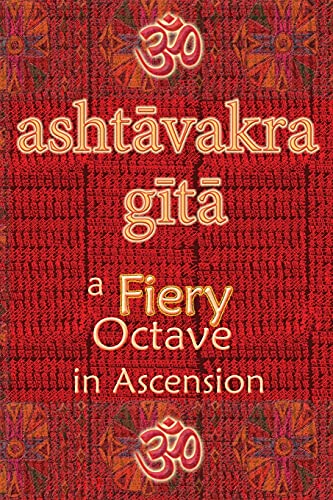2.10 Owners under disability or not in possession
2.10.1 Bare Act Provision:
7. Owners under disability or not in possession.―(1) If the owner of a protected monument is unable, by reason of infancy or other disability, to act for himself, the son legally competent to act on his behalf may exercise the powers conferred upon an owner by section 6.
(2) In the case of village property, the headman or other village officer exercising powers of management over such property may exercise the powers conferred upon an owner by section 6.
(3) Nothing in this section shall be deemed to empower any person not being of the same religion as the person on whose behalf he is acting to make or execute an agreement relating to a protected monument which or any part of which is periodically used for the religious worship or observances of that religion.
2.10.1 Owners under Disability
Section 7(1) provides for the owners under disability. This sub-section addresses situations where the owner of a protected monument cannot act due to legal disabilities, such as being a minor (infancy) or having another condition (e.g., mental incapacity) that prevents them from managing their property. In such cases, a legally competent person, such as a guardian or representative, can exercise the powers given to the owner under Section 6 of the AMASR Act. Section 6 typically deals with agreements between the owner and the government for the maintenance or protection of the monument. Doctrine of Substituted Authority allows a legally competent person to act on behalf of an incapacitated owner, ensuring that the monument’s protection or management is not stalled due to the owner’s inability.
2.10.3 Village Property
Section 7(2) of AMASR Act provides for village property related to the ancient monument. For protected monuments that are considered village property (e.g., community-owned temples or structures), the headman or another village officer responsible for managing such property can exercise the powers of an owner under Section 6. This allows community leaders to make decisions, such as entering agreements with the government for the monument’s upkeep, on behalf of the village. Doctrine of Collective Representation applies on this provision. This recognizes the authority of community leaders to act in the interest of collective property, ensuring that community-owned monuments are not neglected due to the absence of a single owner.
2.10.4 Restriction Based on Religion
Section 7(3) provides for the restrictions based on religion. This sub-section prohibits a person from making or executing an agreement under Section 6 for a protected monument used for religious worship or observances if they do not belong to the same religion as the person/community on whose behalf they are acting. For example, a non-Hindu cannot make decisions about a Hindu temple’s management if acting as a representative. Here the Doctrine of Religious Sensitivity is applicable. This ensures that decisions about religious monuments respect the beliefs and practices of the associated religious community, preventing external interference in sacred spaces.[1]
Reference
[1] “Preserving cultural heritage: A community-centric approach to safeguarding the Khulubvi Traditional Temple Malawi” Lazarus Obed Livingstone Banda, Science Direct, available at https://www.sciencedirect.com/science/article/pii/S2405844024136419, Last visited on 18.07.2025

Image credit: https://x.com/GemsOfINDOLOGY



